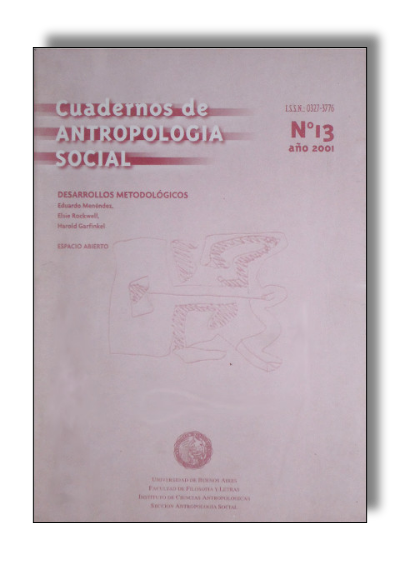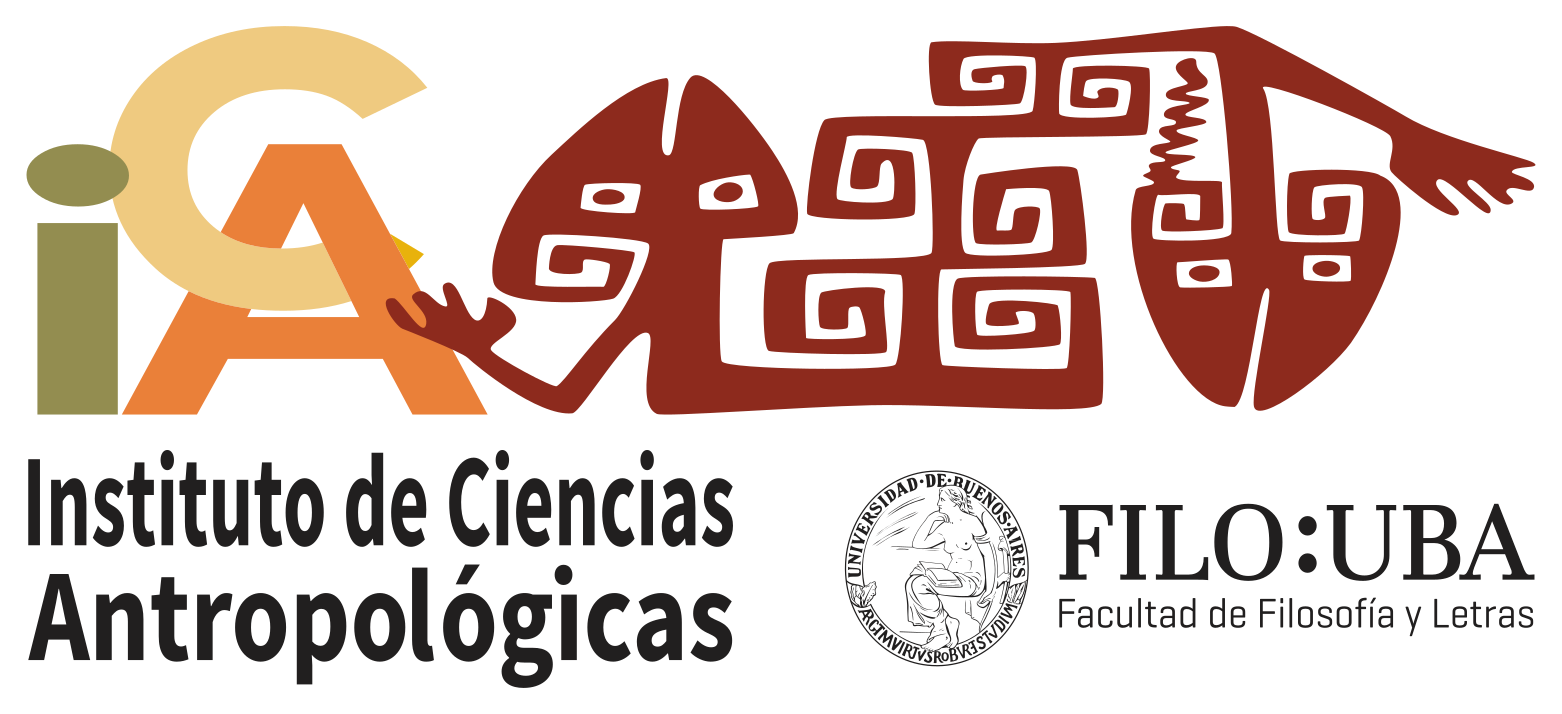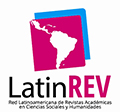El discurso médico y la construcción de la minoridad: El secreto profesional. Un estudio antropológico
Abstract
We present some results of the investigation "Process of atention of adolescents", in which it's broached the specific ways of institutionalization of knowledge and practices in medic atention of adolescents in Buenos Aires City. In the last century, adolescent has been built like a vulnerable subject who goes through a natural way problematic period requiring a professional supervision. From biomedicine it’s wielded a speech across it's legitimized the intervention to look after for the incorporation of the youths to the adult's world in "healthy" conditions and it's said that medicine for adolescents is the possessor of “knowledge" that guarantees it. In this process, consultation is transformed in a control space, normalization and disciplinament, in which the adjudication of roles by the doctor occupies a privileged place, at least until it’s conceded the youth the capacity to assume responsibilities and to look after by himself, two of indicators that doctor uses to recognize the youth like an adult. These processes and control mechanisms are reflected with especial intensity in the management of professional secret. Basing on interviews in depth to eleven medical assistants of the subspecialty, in this work we study the relationship doctor-patient analyzing the criteria and practices related to the management of professional secret.Downloads

Esta obra está bajo una Licencia Creative Commons Atribución 4.0 Internacional
Cuadernos de Antropología Social sostiene su compromiso con las políticas de Acceso Abierto a la información científica, al considerar que tanto las publicaciones científicas como las investigaciones financiadas con fondos públicos deben circular en Internet en forma libre, gratuita y sin restricciones.
Los contenidos y opiniones expresadas en los artículos publicados son de entera responsabilidad de sus autores.
Los autores/as que publiquen en esta revista aceptan las siguientes condiciones:
- Los autores/as conservan los derechos de autor y ceden a la revista el derecho de la primera publicación, bajo la licencia de atribución de Creative Commons, que permite a terceros utilizar lo publicado siempre que mencionen la autoría del trabajo y a la primera publicación en esta revista.
- Los autores/as pueden realizar otros acuerdos contractuales independientes y adicionales para la distribución no exclusiva de la versión del artículo publicado en esta revista (p. ej., incluirlo en un repositorio institucional o publicarlo en un libro) siempre que indiquen claramente que el trabajo se publicó por primera vez en esta revista.















